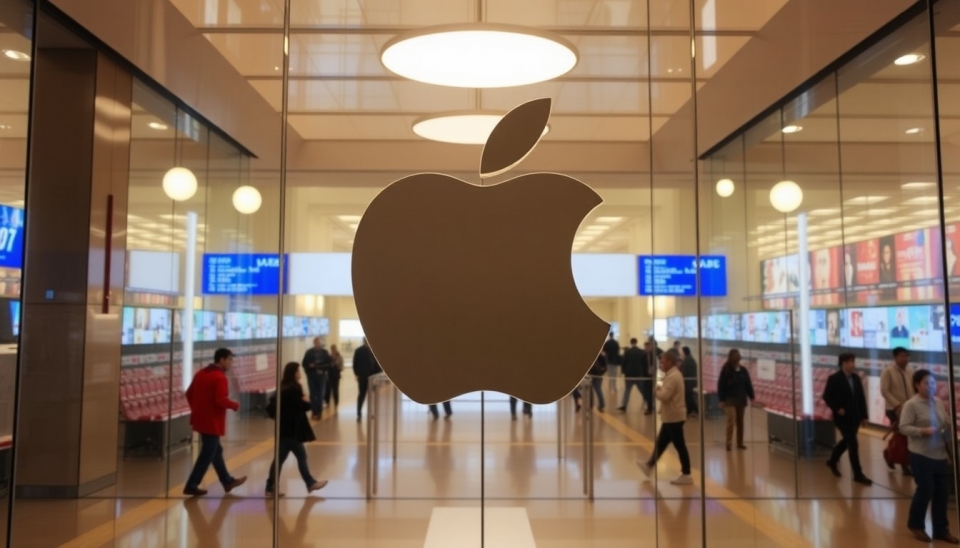
As 2025 unfolds, Apple Inc. finds itself grappling with a challenging start to the year, primarily driven by economic concerns in China and looming tariff risks that could further complicate its operations. The ongoing economic slowdown in the Chinese market poses significant risks for the tech giant, raising questions about sales performance in a region that has traditionally been a critical driver of revenue.
Reports suggest that Apple’s sales in China during the critical holiday season have not met expectations, resulting in cautious projections for the month of January. The company, which has invested heavily in the Chinese market, may now be facing tough decisions as consumer spending softens and competition intensifies from local smartphone manufacturers. Analysts indicate that this weakened demand may lead to Apple reassessing its growth strategies and potentially adjusting prices to maintain market share.
Adding to the complexity is the potential impact of tariffs that might be imposed on technology imports. The ongoing geopolitical tensions between the United States and China have led to speculation about increased tariffs which could affect Apple's supply chains and cost structures. If these tariffs materialize, they could significantly elevate the cost of production for Apple, leading the company to either absorb the costs or pass them onto consumers, neither of which presents a favorable outcome for its brand or sales velocity.
Financial experts suggest that Apple's reliance on the Chinese market makes it particularly vulnerable to these economic shifts. This dependence could hinder its ability to achieve growth targets set for 2025. With uncertainty looming, investors are closely monitoring Apple's performance metrics and market movements to discern how the company plans to mitigate these challenges moving forward.
In an effort to alleviate these pressures, Apple may consider diversifying its supply chain and bolstering its presence in alternative markets. Moves toward increased manufacturing capabilities in other regions could help safeguard against risks associated with tariffs and economic fluctuations in China. This strategic pivot could prove crucial in maintaining Apple’s competitive edge in the global technology arena.
In conclusion, as Apple embarks on this crucial month of January, it faces not only immediate challenges tied to economic conditions in China but also strategic questions that will impact its long-term business trajectory. The tech giant needs to navigate these waters carefully as it seeks to maintain its market position amidst a plethora of uncertainties.
#Apple #January #2025 #China #Weakness #Tariff #Risks #Tech #Industry #News
Author: Liam Carter




